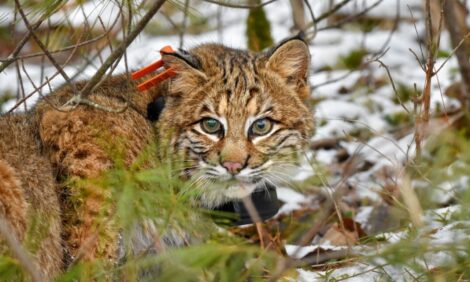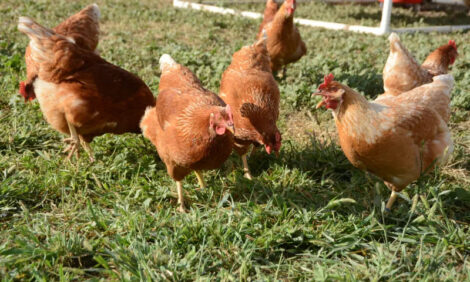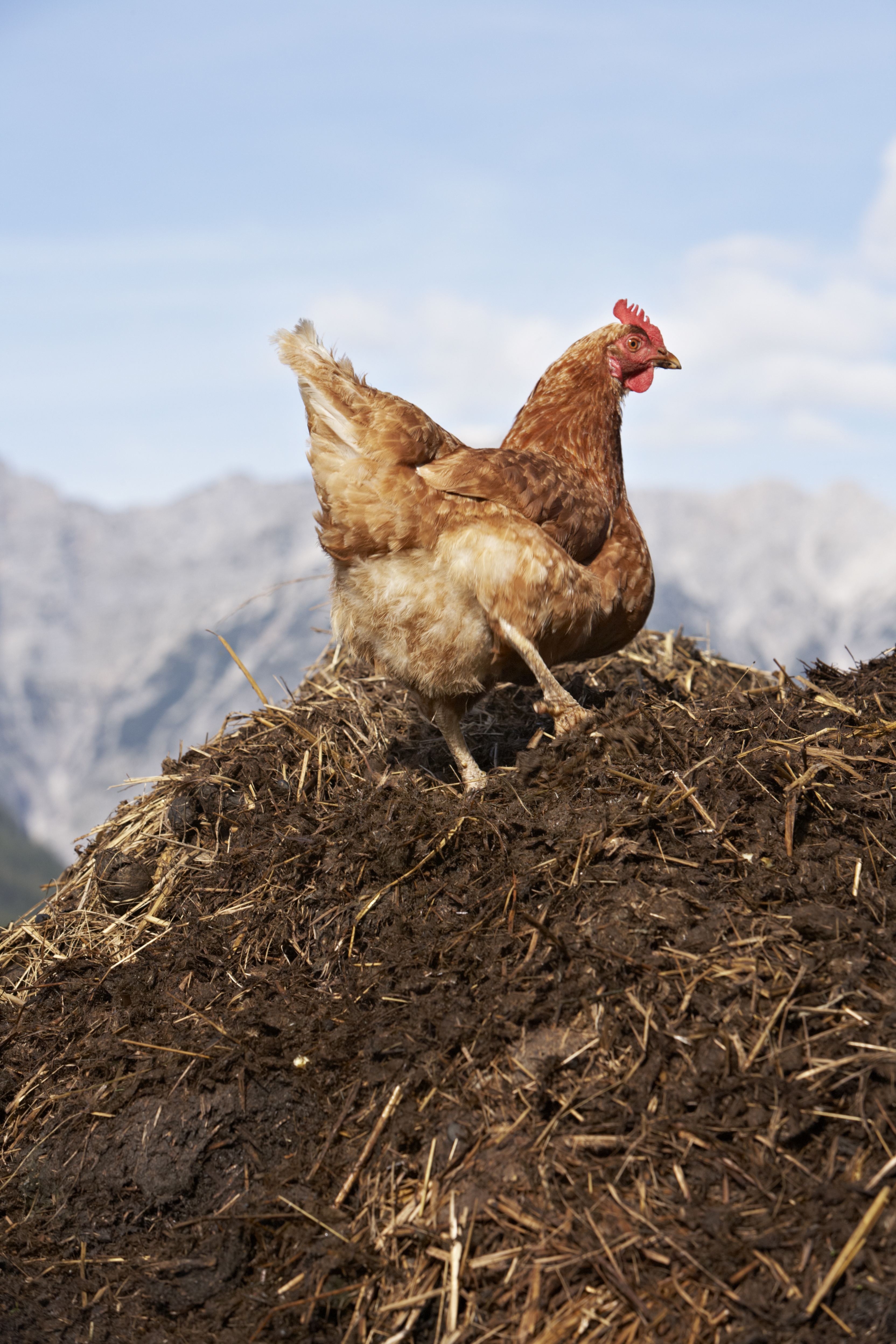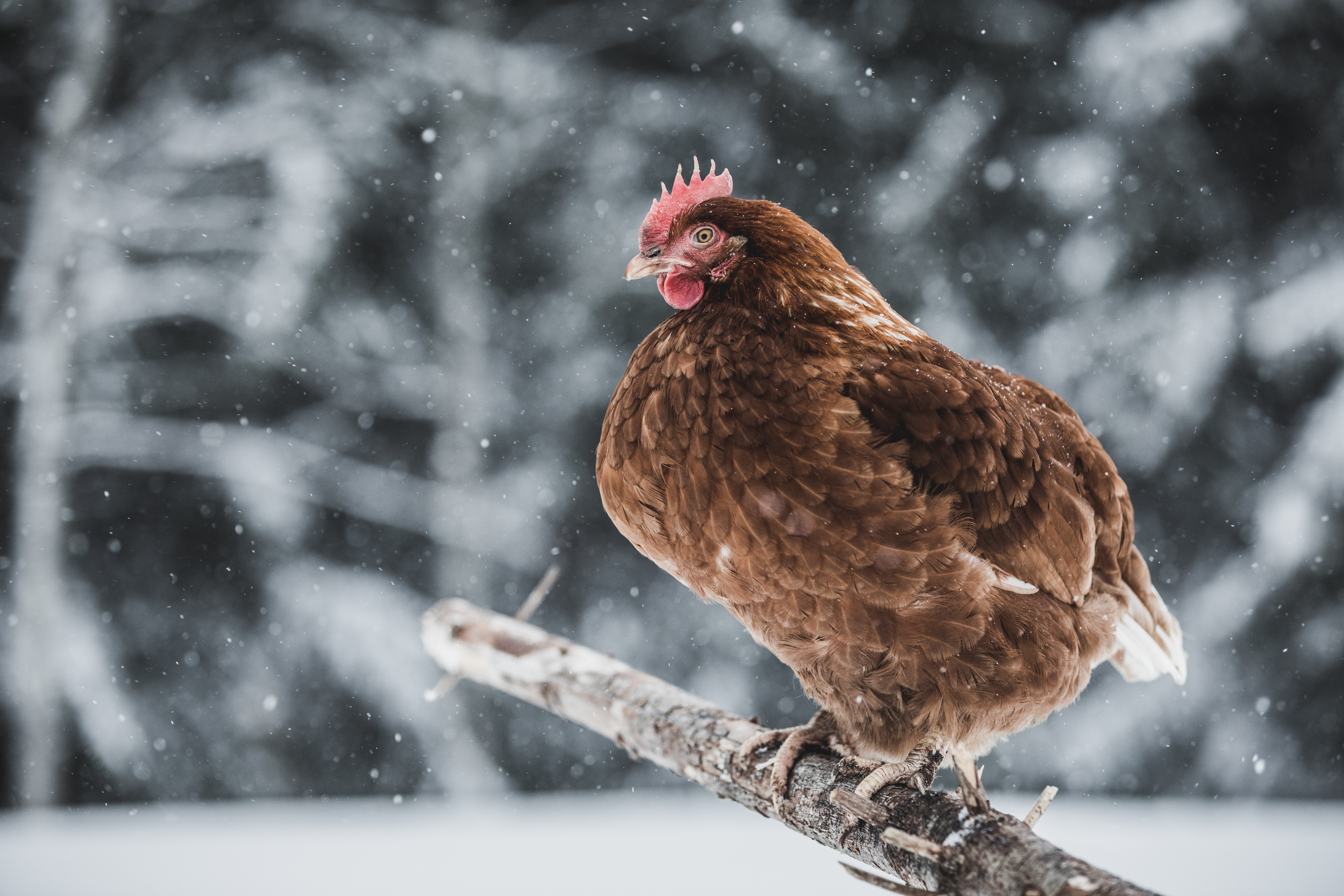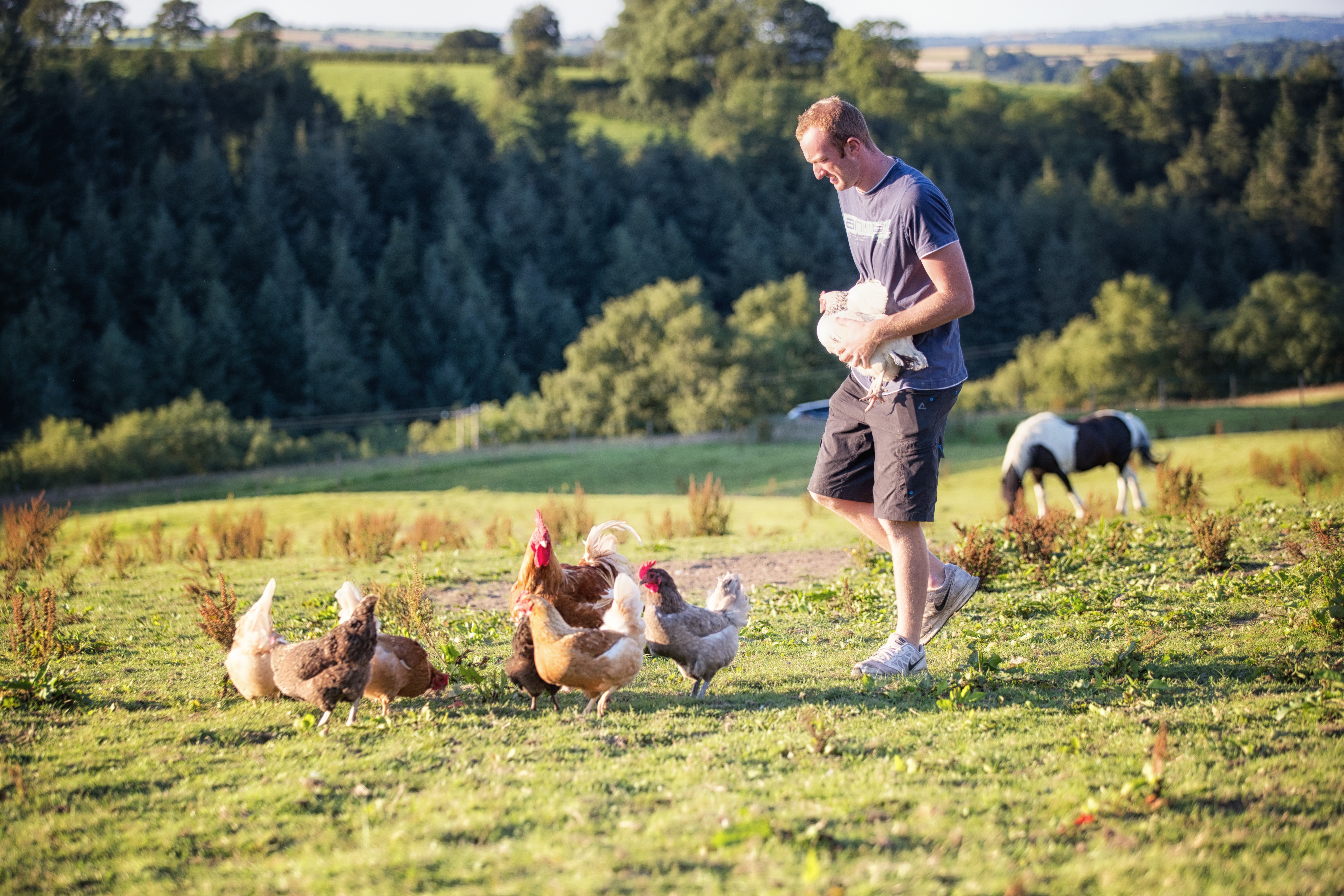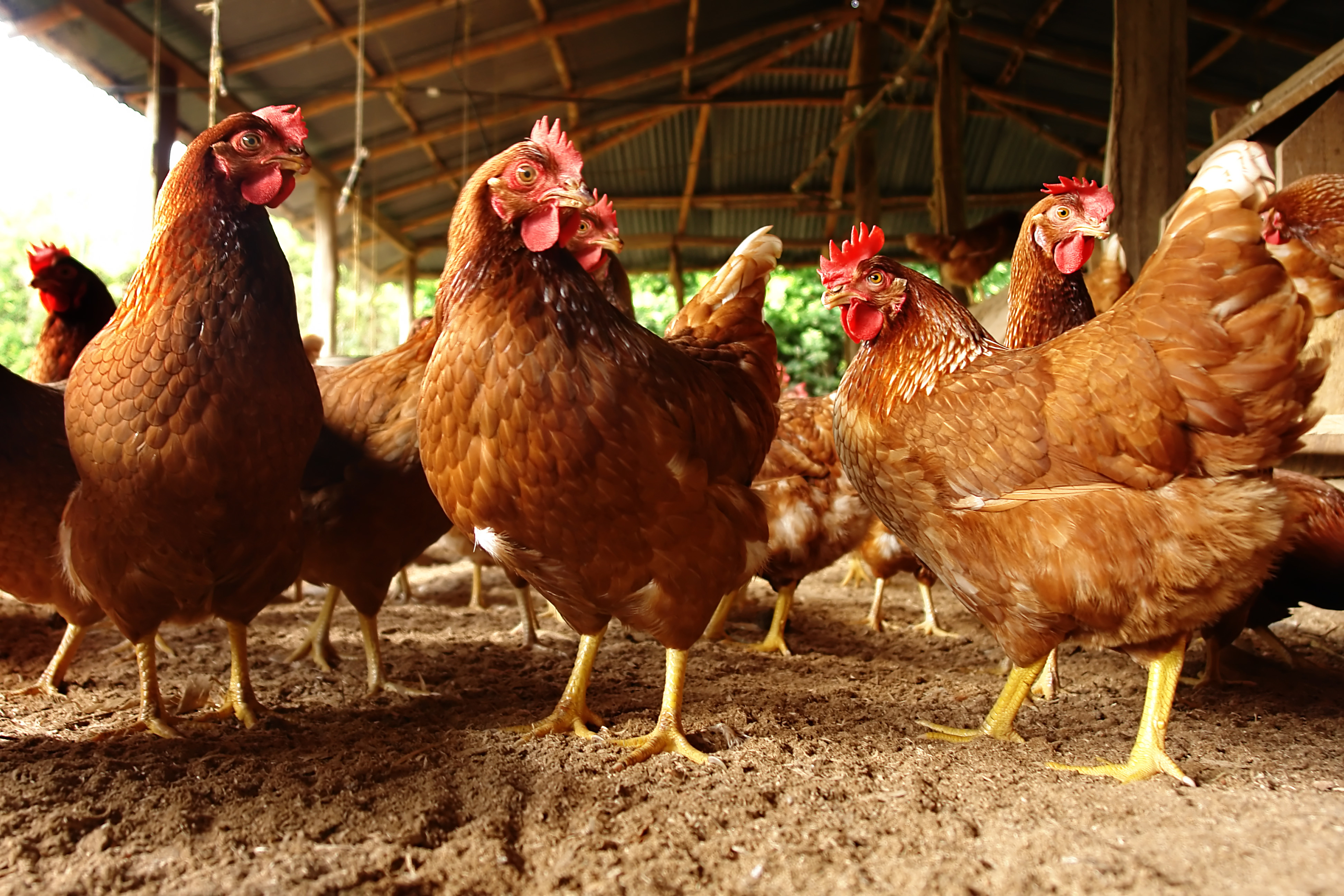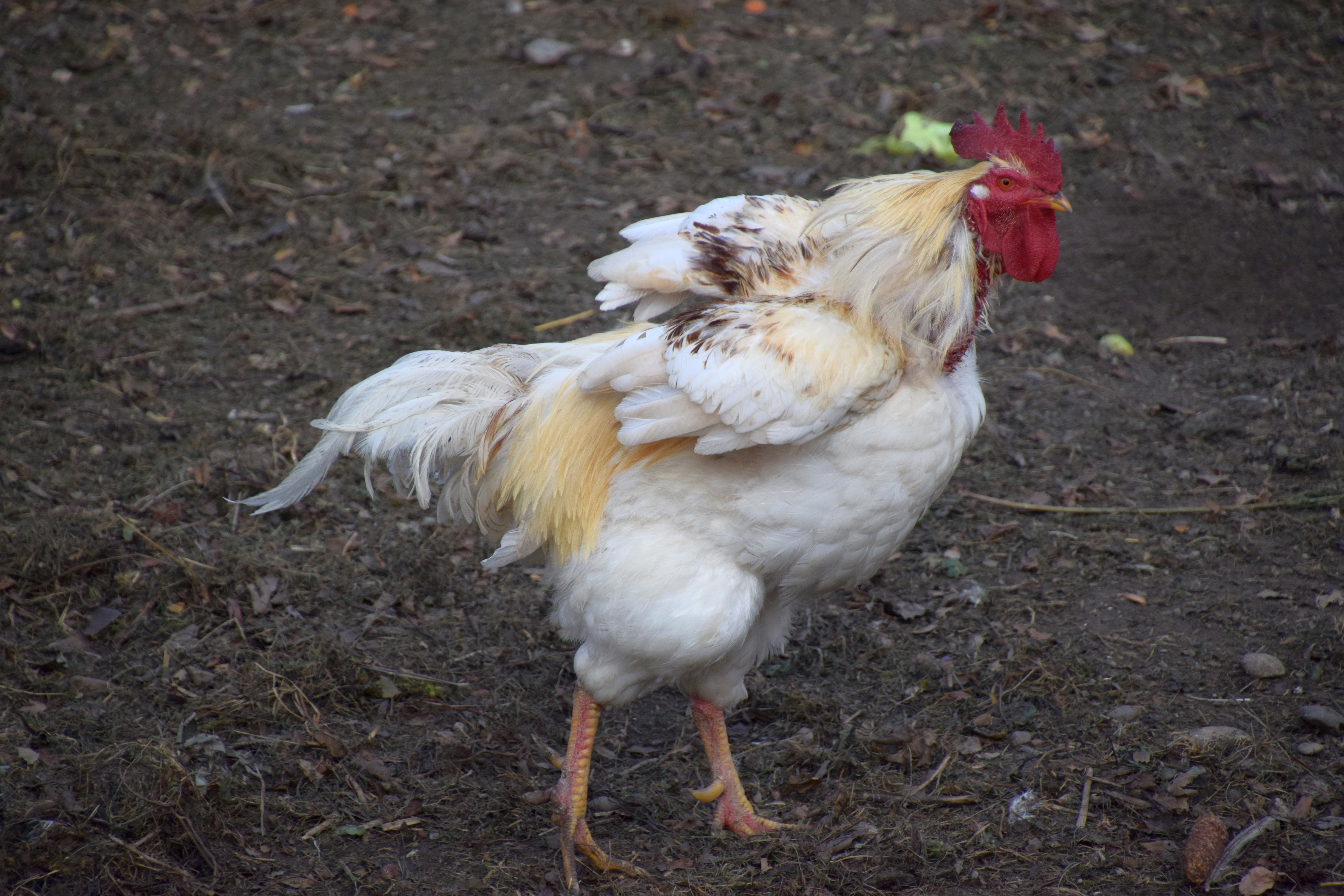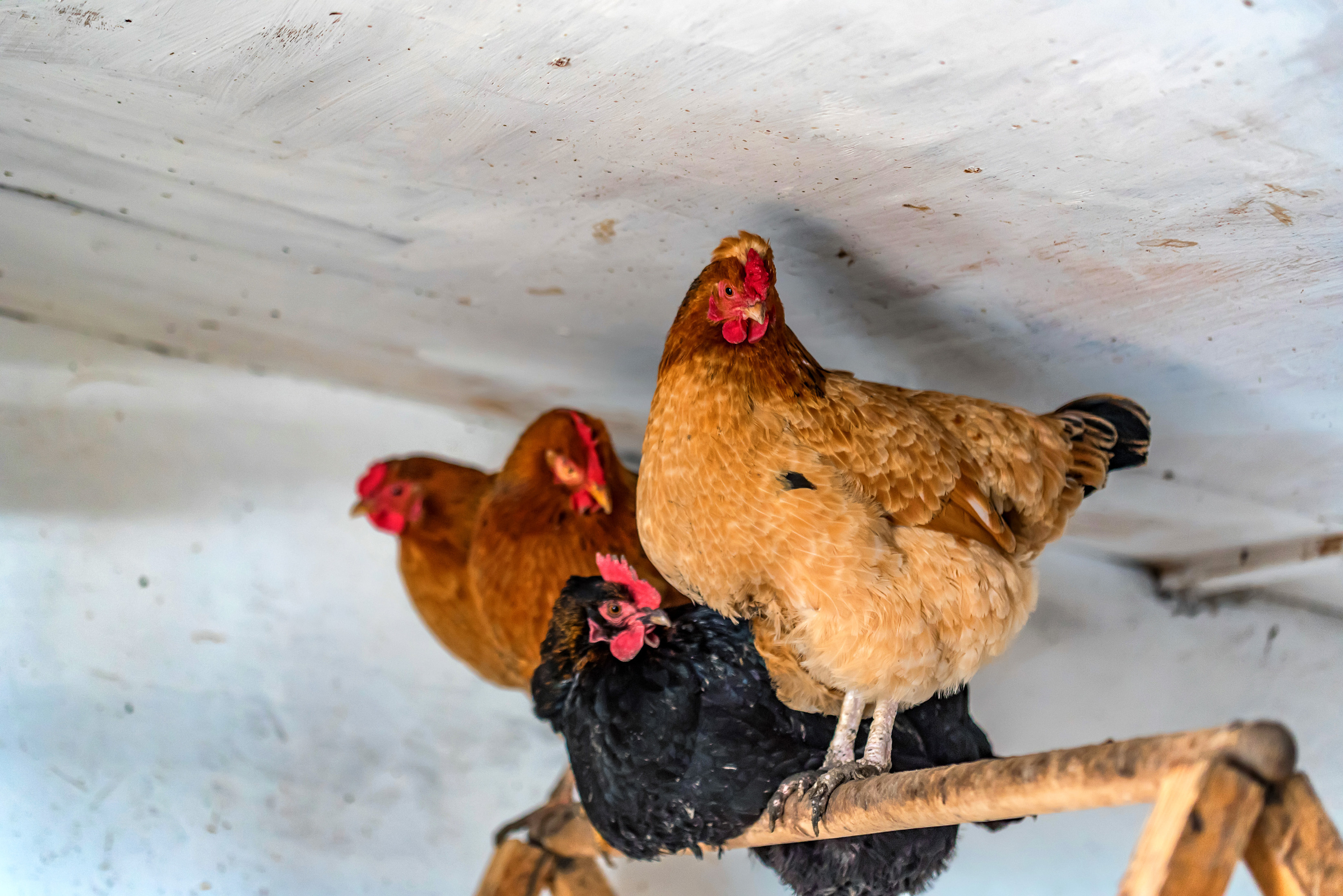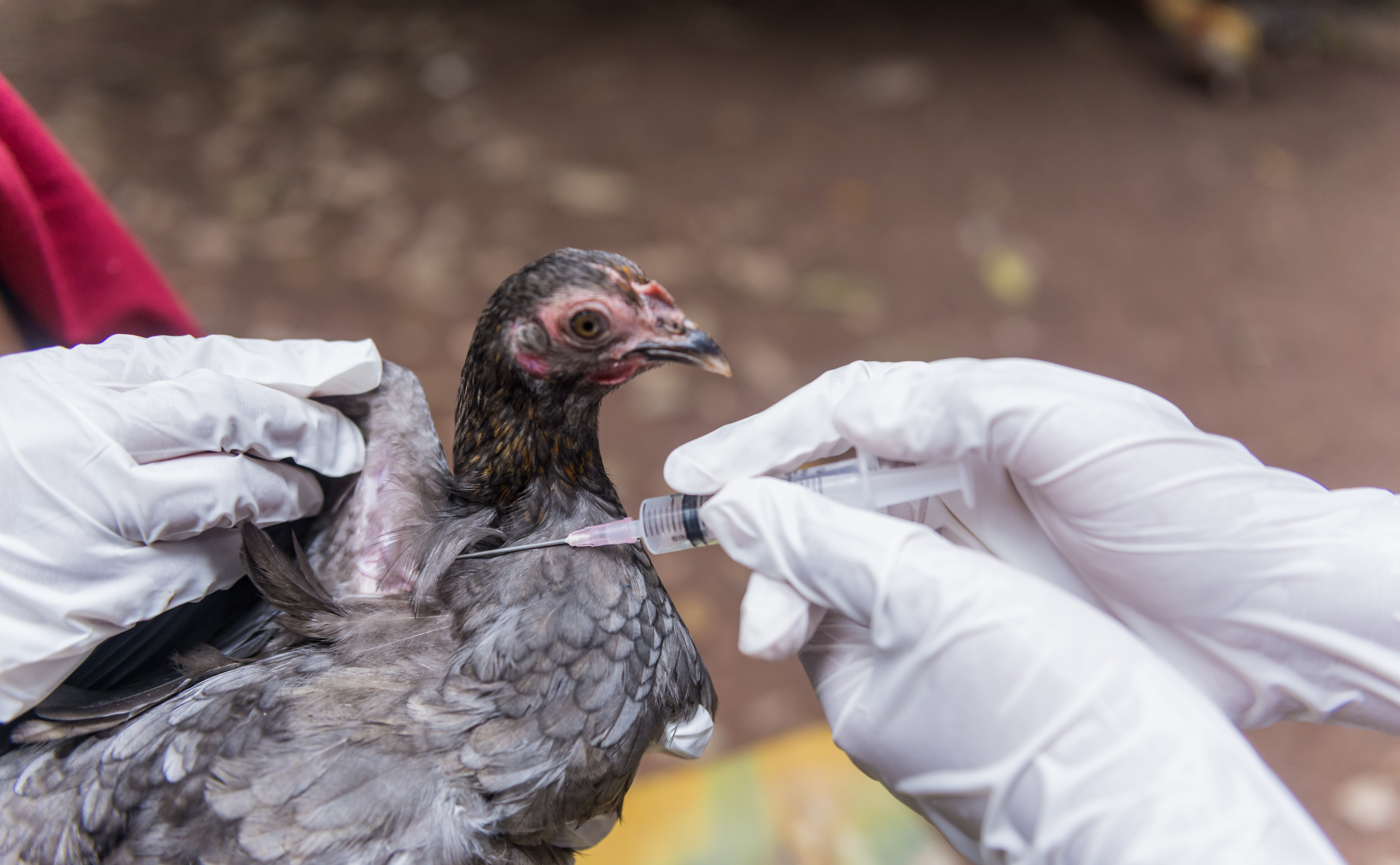



The Chicken Whisperer: responding to Newcastle disease
Andy Schneider, the Chicken Whisperer discusses how backyard poultry keepers can keep their flocks safe during outbreaks of virulent Newcastle disease.Part of Series:
< Previous Article in Series Next Article in Series >
In this podcast, Dr Maurice Pitesky from UC Davis Veterinary School gives a vet’s perspective on California’s outbreak of virulent Newcastle disease and offers tips for how producers can protect their flocks.

© UC Davis
Background
The current outbreak of Newcastle disease in California is concentrated in Riverside county and other parts of Southern California. This is California’s third Newcastle epidemic in 50 years, and it has spread to Northern California, Utah and Nevada. The Southern California region presents a challenging case study for epidemiologists and poultry veterinarians. In some parts of Los Angeles, there are 4,000 backyard flocks in a 10-kilometer area. The density of flocks presents a large reservoir where viruses like Newcastle and avian influenza can flourish. Since some of the birds in these backyard flocks move between various locations, engage in cock fighting or have contact with wild birds, there is ample opportunity for the Newcastle disease virus (NDV) to spread.
The region presents other disease management challenges. It has been difficult for vets to get backyard keepers to adhere to biosecurity measures or follow disease reporting protocols. The lack of reporting is due to fears that vets will cull backyard flocks if they test positive for Newcastle. It can also be attributed to language barriers. Researchers estimate that over 200 languages are spoken in Southern California, with 224 languages being spoken in Los Angeles County alone.
In this context, Dr Pitesky gives us a veterinary perspective on how to combat Newcastle and protect backyard flocks.
The logic of disease management
According to Dr Pitesky, since there is a high concentration of NDV in Southern California, the central goal of vets and epidemiologists is to prevent the virus from spreading. This usually means identifying and breaking the contact chains between infected and uninfected birds. In the context of the current outbreak, epidemiologists have linked disease transmission to urban backyard environments. Human behaviours like transporting birds for shows or illegal cock fighting have amplified the range of infection because Newcastle can be spread through the faeces and saliva of infected birds. Relaxed biosecurity measures in backyard operations have also played a role in the current epidemic.
Unfortunately, depopulating infected birds is the most effective and humane way to control the virus. Culling is used as a control measure because viruses cannot replicate in dead tissue. If the infected birds were left alive, the virus would still be able to exploit its reservoir and infect more birds. An additional reason vets recommend culling infected birds is to prevent NDV from becoming endemic to the US. As it stands now, Newcastle disease is classified as a foreign animal disease. If the disease gets a permanent foothold in the US it could be devastating for both commercial and backyard poultry keepers.
Pitesky understands poultry keepers’ resistance to culling flocks. However, he stresses that the decision to cull a sick flock actively protects other farms. “Being responsible and taking one for the team is often hard, but it’s the right thing to do. There is a selfishness when you only think about your own birds.” He actively encourages backyard keepers to report sick birds to the relevant authorities. When discussing certain cases where backyard poultry keepers moved their birds to avoid vets and state authorities, Pitesky said that such actions were irresponsible and incredibly risky. Moving potentially infected birds would put other poultry operations at risk of infection.
Pitesky also acknowledges that even those with backyard operations who adhere to good biosecurity protocols and vaccinate their flocks can still see infections. Though this is unfair for responsible backyard farmers, Pitesky encourages keepers to maintain high biosecurity standards. Good biosecurity practices will save other farms from being depopulated.
Other options for disease management
Other options for preventing the transmission of NDV include restricting flock movements, strict biosecurity measures and quarantining suspected cases. Vaccination is also an effective method of disease prevention. According to Pitesky, since vaccination reduces the amount of virus in a given area, it would be an ideal management strategy for the current outbreak. However, some vaccinations are difficult to deliver correctly and require maintenance to be effective. Nevertheless, they remain an effective part of disease prevention, especially when good flock management and strict biosecurity are diligently adhered to.
You can listen to the full podcast by Andy Schneider, the Chicken Whisperer here.








